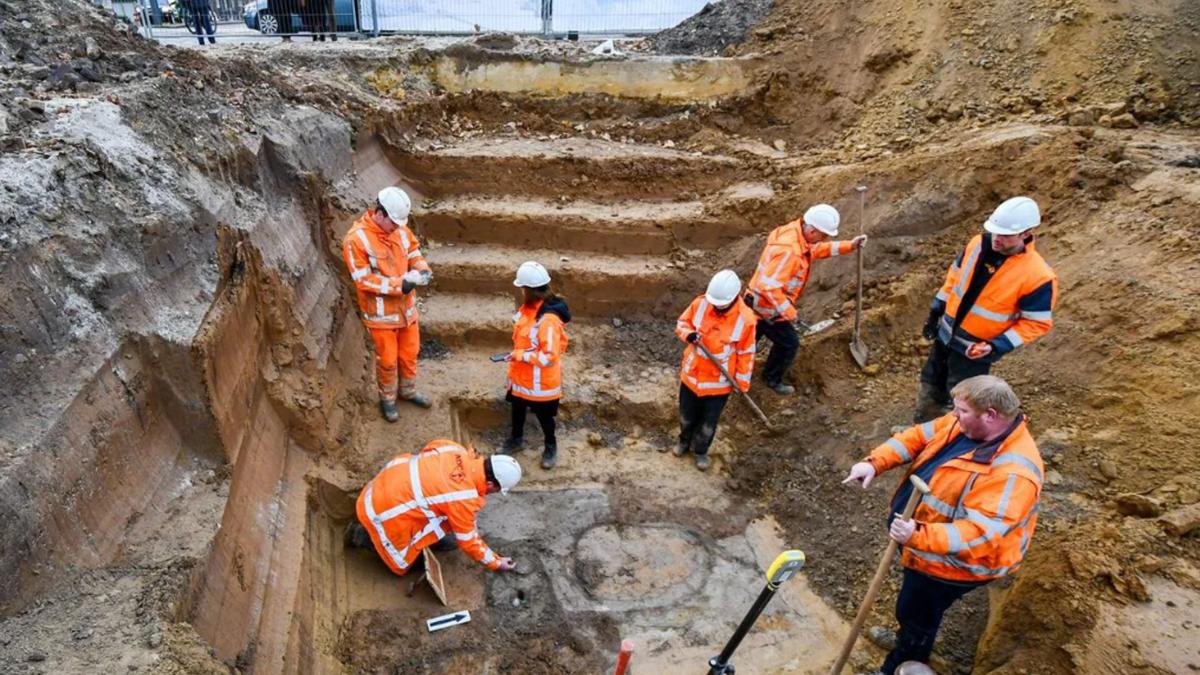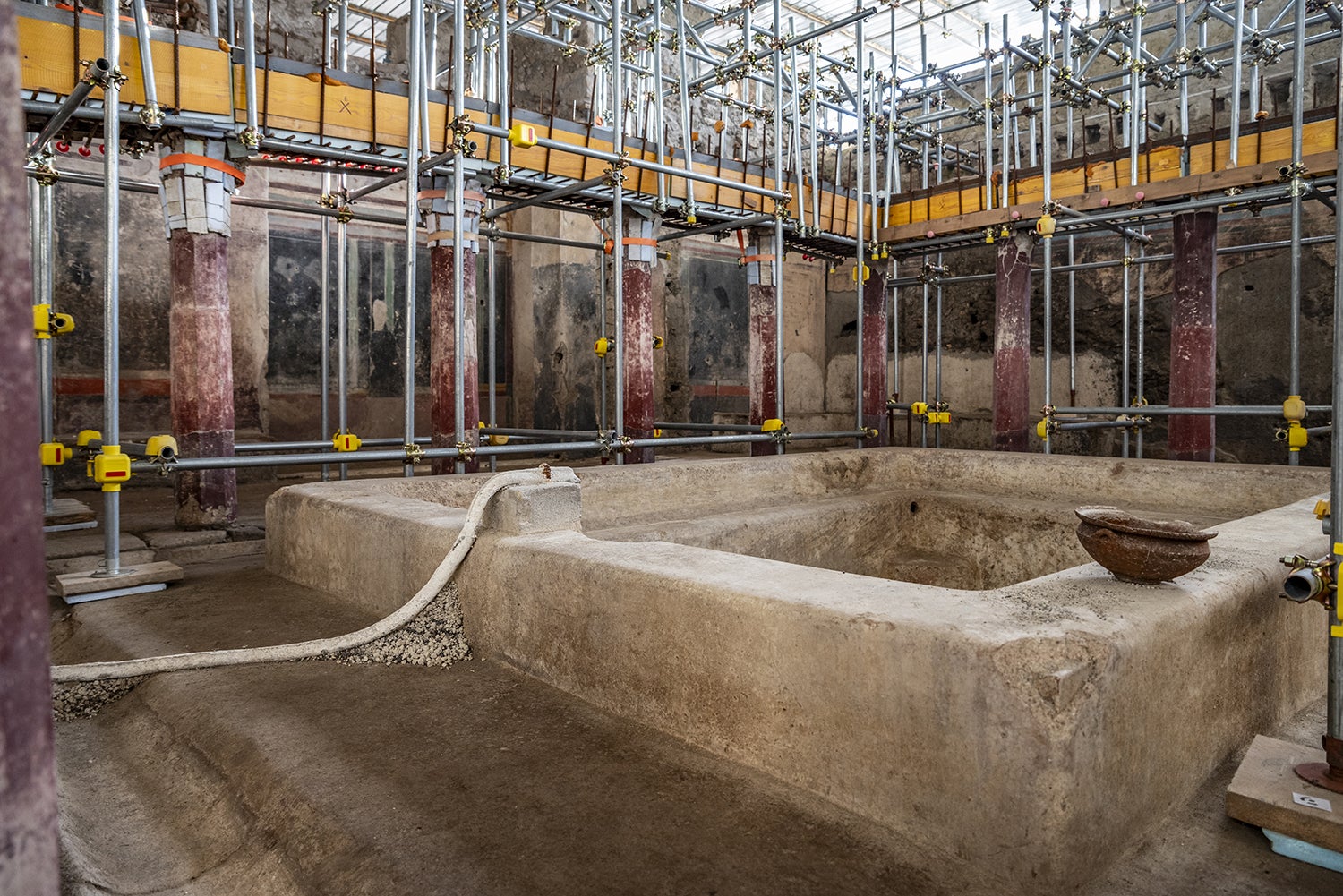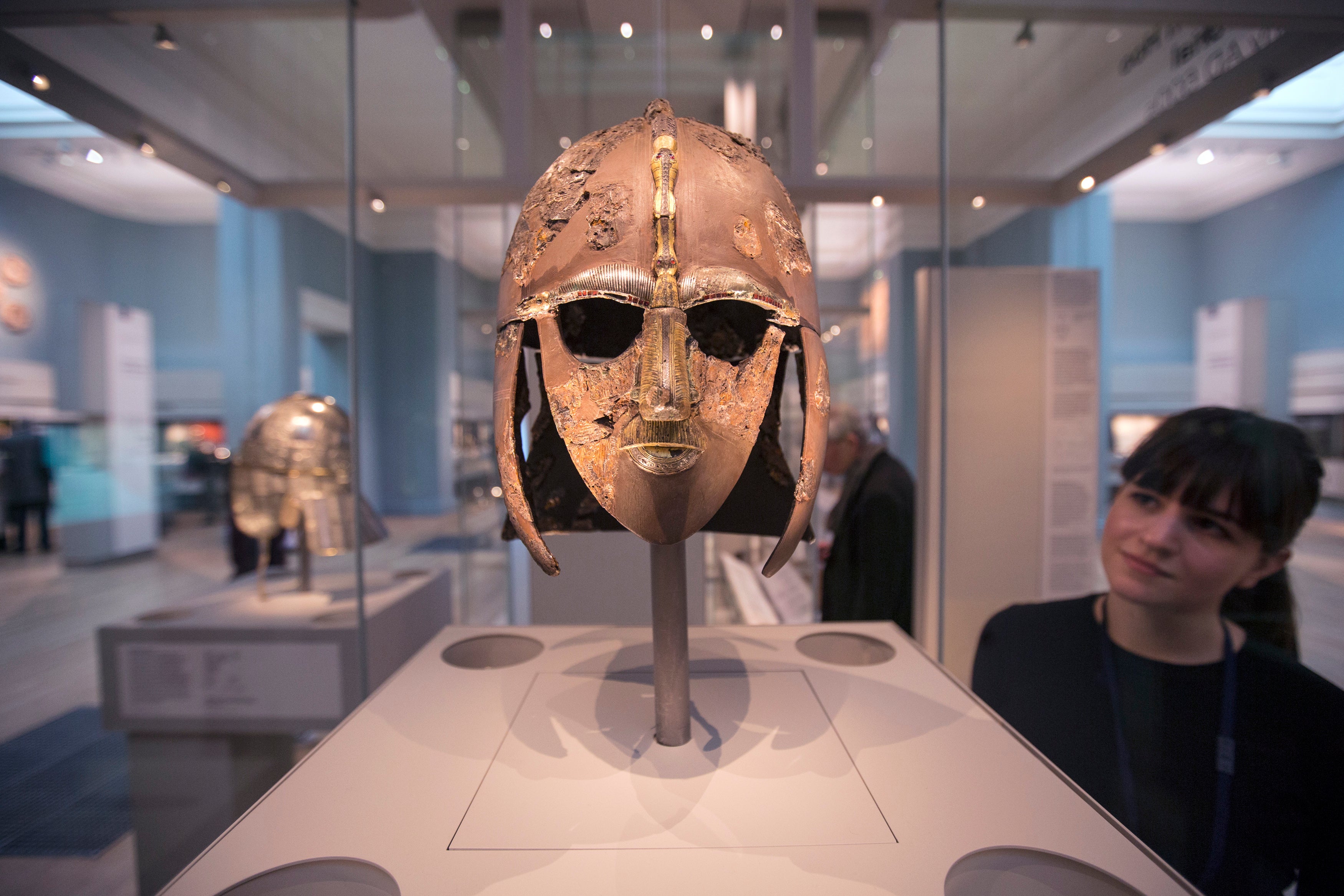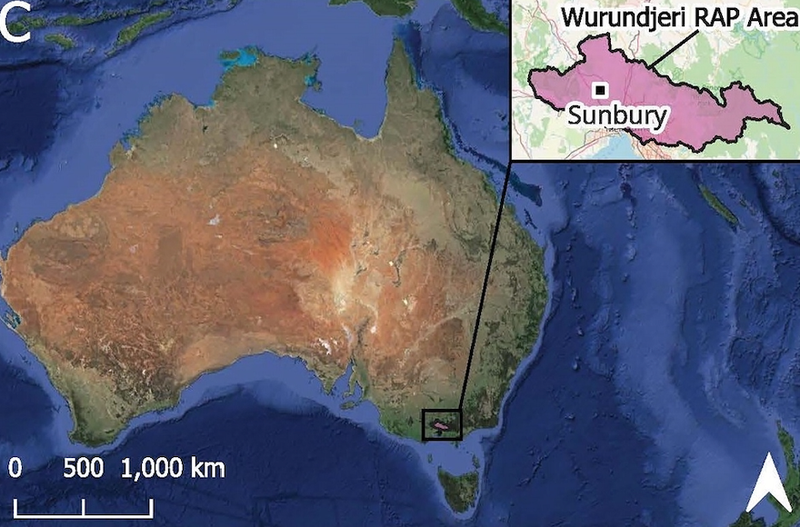Archaeologists make unprecedented discovery of Roman soldier’s remains from ‘year 0’
Share:
Experts have for the first time been able to put a name to a Roman grave dating back over 2000 years in the Netherlands. Archaeologists have unearthed a unique grave of a Roman soldier “from year 0” in the Netherlands, shedding light on the ancient civilisation’s presence in the region.
![[Artifacts discovered at the site]](https://static.independent.co.uk/2024/12/13/08/vondsten_romeins_graf_jpg.jpg)
The 2,000-year-old grave was discovered in the municipality of Heerlen last month and belonged to a soldier nicknamed “Flaccus” who lived around 0AD, researchers said. They deduced the name from the word “Flac” carved into a bowl found in the grave.
“Today, evidence was found of Roman habitation in the time of Emperor Augustus. A unique discovery that not only teaches us more about our past, but also shows how unique the story of Roman Heerlen is for the Netherlands,” Jordy Clemens, Heerlen’s council member for culture and heritage, said in a statement.
Analysis of the newly found gravesite led researchers to date Heerlen’s earliest settlement to the Augustan era from 0 to 20AD. The gravesite was found during excavations at Raadhuisplein, the town square in Heerlen which sat near the historical roads Via Belgica and Via Traiana and was a key location in the middle of the Roman settlement Coriovallum, archaeologists said.
Coriovallum stood out for its elaborate Roman bathhouse, the oldest stone building in the Netherlands built around 40AD. The structure also included a restaurant and a library, suggesting it was a meeting place and served multiple functions in the Roman era.






















